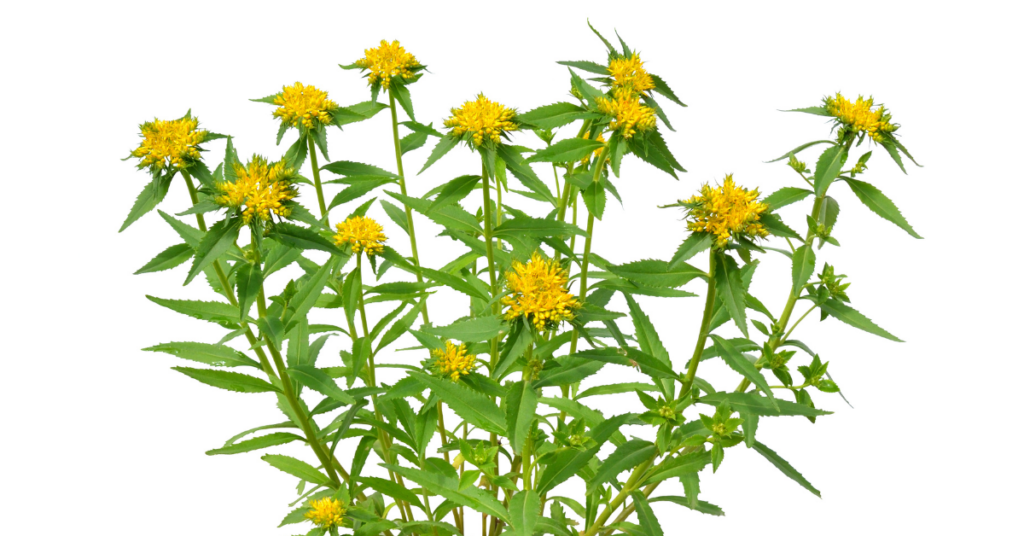Rhodiola Rosea as a Treatment Option for Dementia?
Rhodiola rosea, a plant that grows in colder climes like the Arctic, the Alps and the Rockies is an ‘adaptogen’. They are like various other ‘stimulants’, such as amphetamine and nicotine, but are less powerful.
Some adaptogens are used in ‘energy’ drinks, but not, as yet, widely used in conventional medicine.
However, Rhodiola rosea (also known as King’s Crown, Aaron’s Rod and Golden Root) has been used for hundreds of years in Scandinavia and Siberia to help native tribes cope with various mood-related conditions such as stress, fatigue, and depression.
It is also thought to be able to improve both physical and mental performance.
It has also been used in Traditional Chinese Medicine (TCM) for centuries, where it is known as Hong Jing Tian.
Research is now under way to learn how this plant’s active phytochemicals can help medicinally. (The key compounds are thought to be rosavin, rosarin, rosin, and the most active to be rhodioloside and tyrosol).
This research, undertaken at the Medical University in Plovdiv, Bulgaria, has looked at the effects of Rhodiola rosea on learning and memory.
The research, published in the Central European Journal of Medicine, indicates that Rhodiola rosea proved highly effective and the researchers say that it is a candidate for treating dementia.
References
Ma GP, Zheng Q, Xu MB, Zhou XL, Lu L, Li ZX, Zheng GQ. Rhodiola rosea L. Improves Learning and Memory Function: Preclinical Evidence and Possible Mechanisms. Front Pharmacol. 2018 Dec 4;9:1415. doi: 10.3389/fphar.2018.01415. PMID: 30564123; PMCID: PMC6288277.
(See also our articles The Effect of Lifestyle on Cognitive Impairment, Alzheimer’s Disease and Women – Disturbing Gender Bias and Neglect, Chronic Knee Pain and Dementia)

